The Future of AdTech Lies in Privacy-Enhancing Technologies (PETs)
Clearcode
JUNE 7, 2023
In the early days of programmatic advertising, ad targeting was limited to the context of the webpage and information about the user from the user-agent string (e.g., The GDPR came into effect two years later on May 25, 2018, and has changed the way companies collect, store and use personal data. an IP address for location).

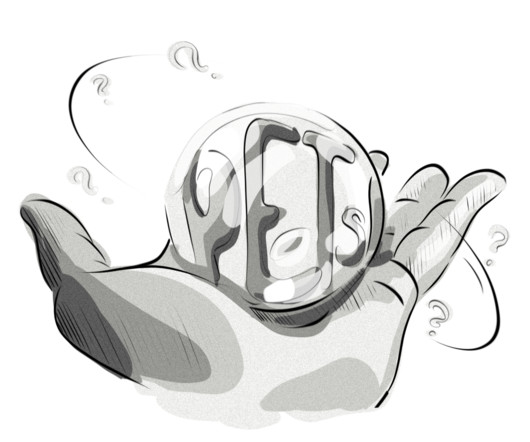



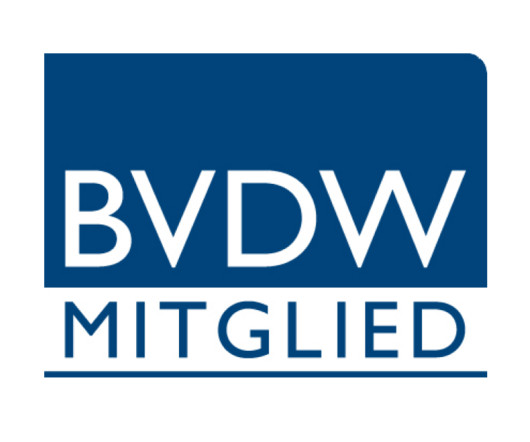


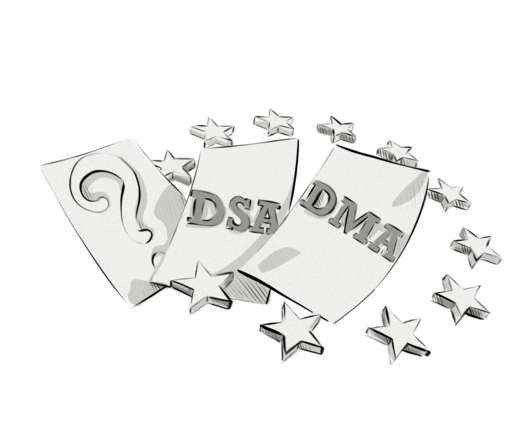
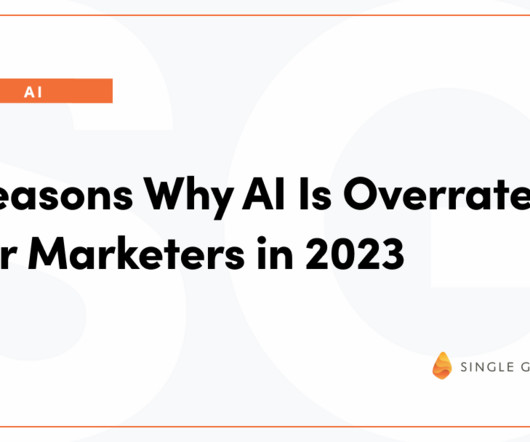
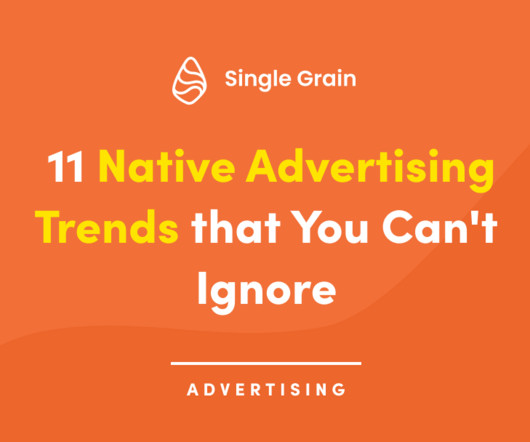


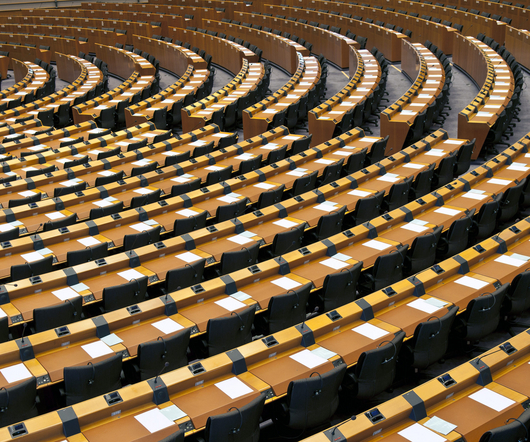






Let's personalize your content